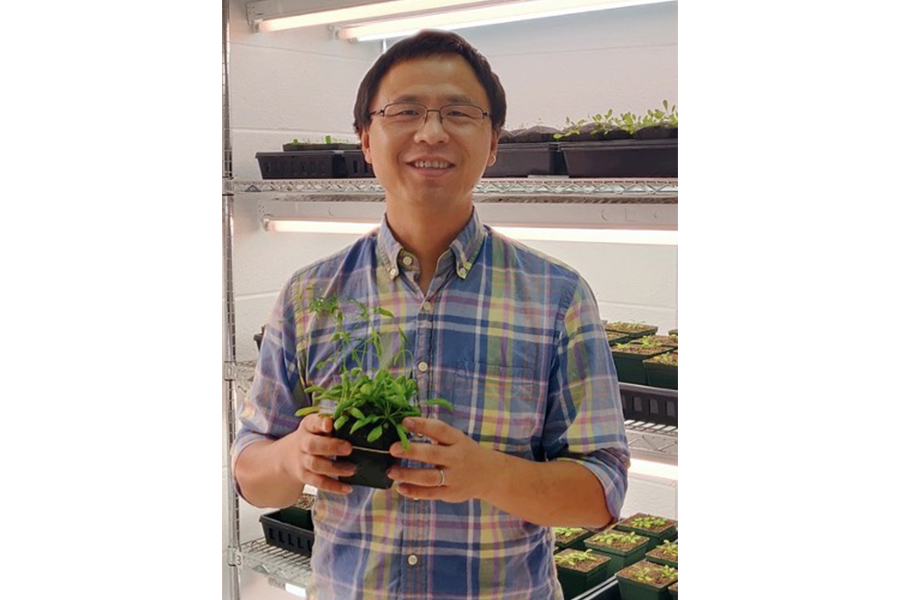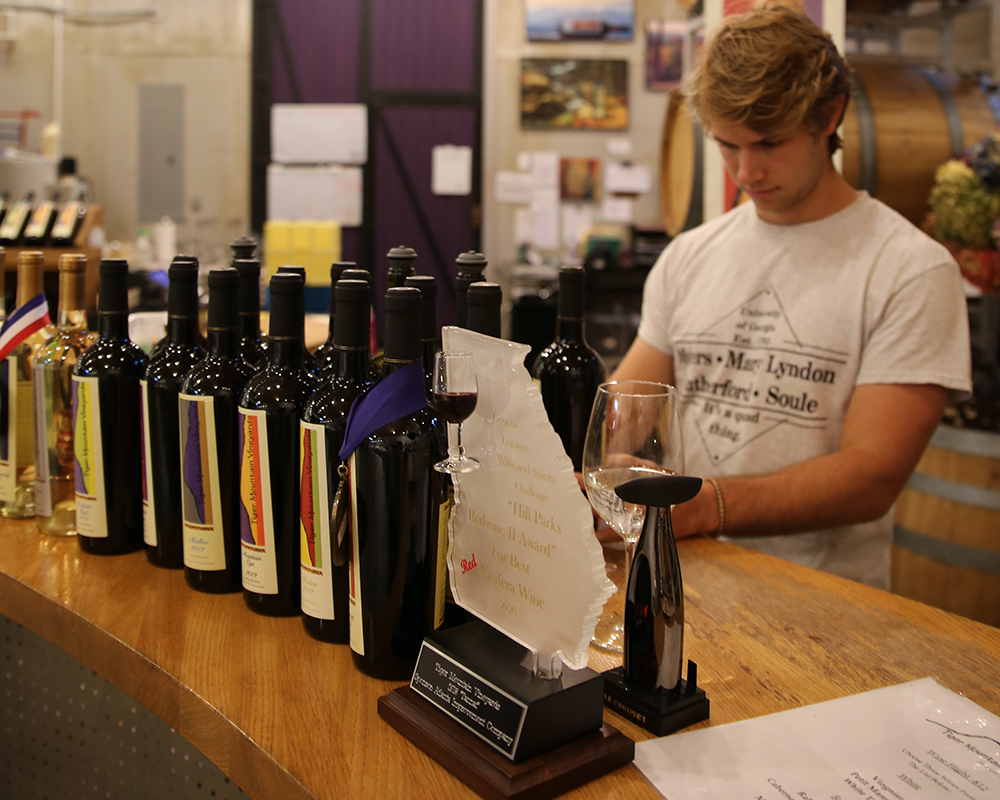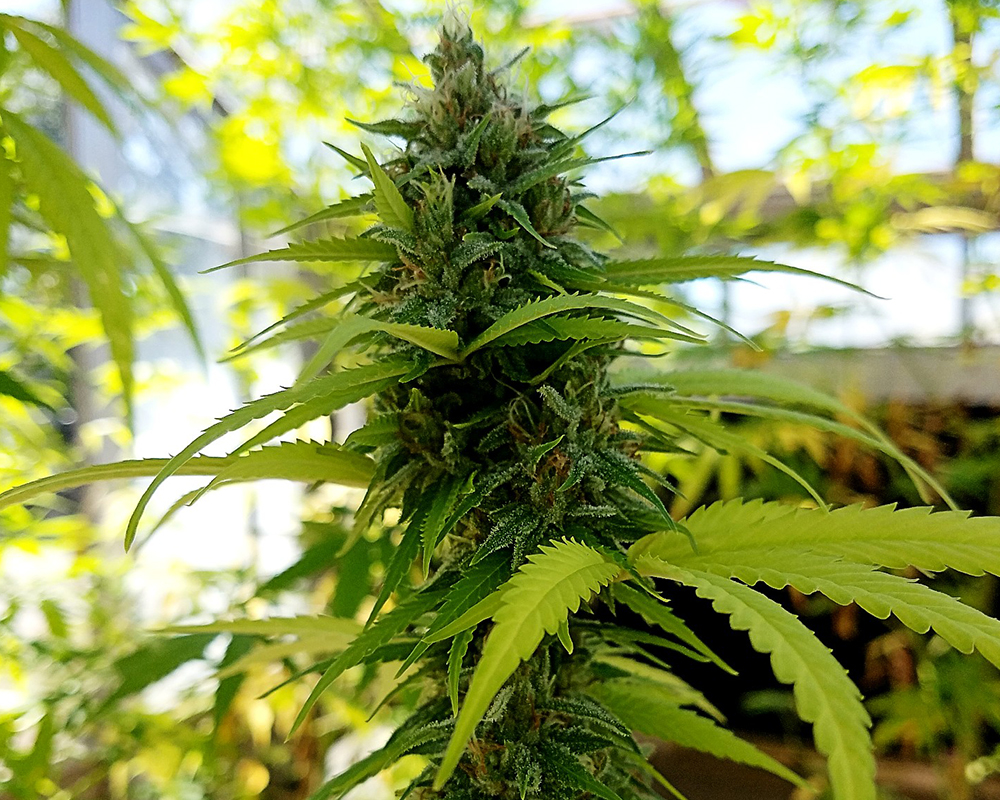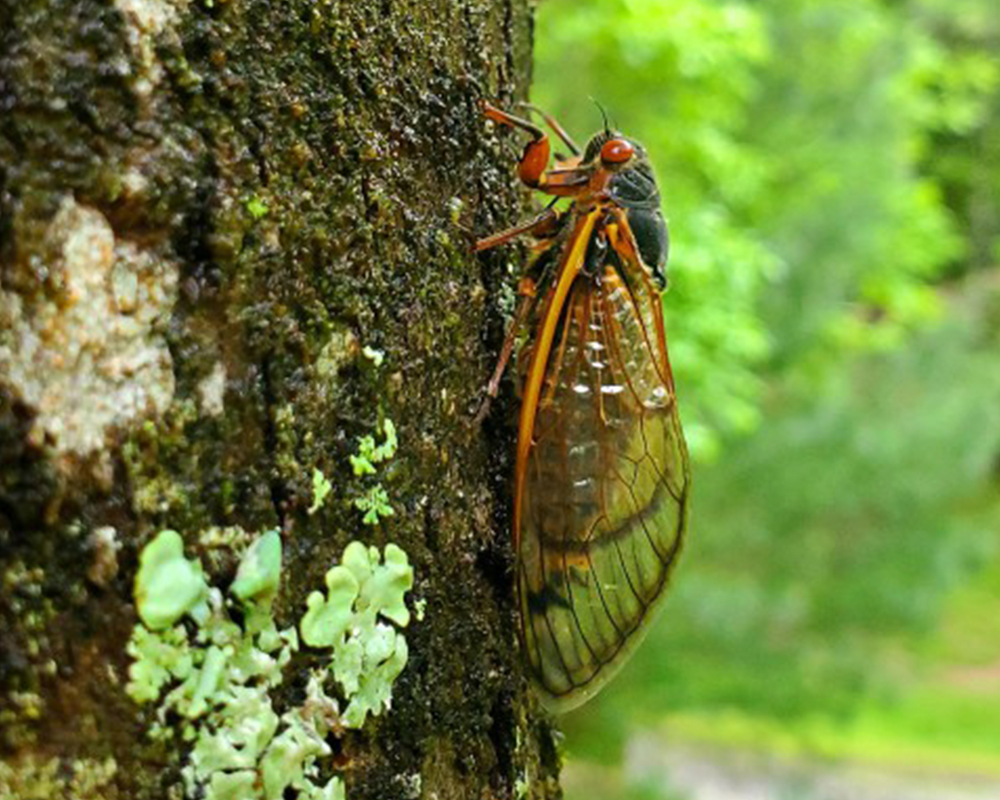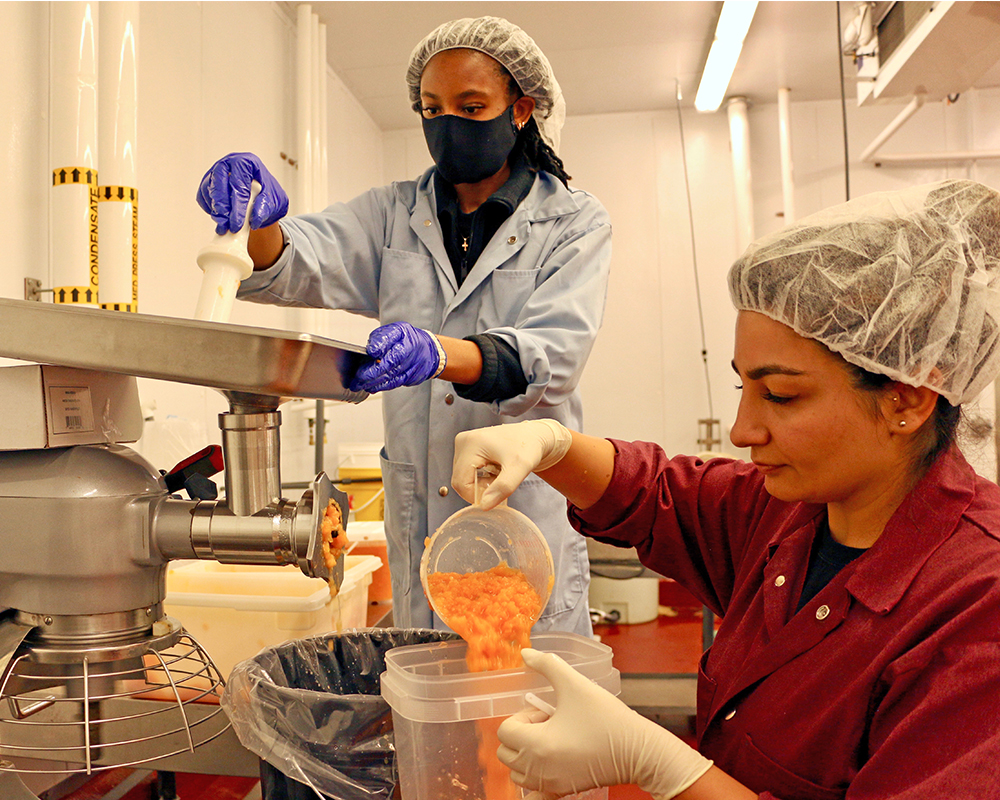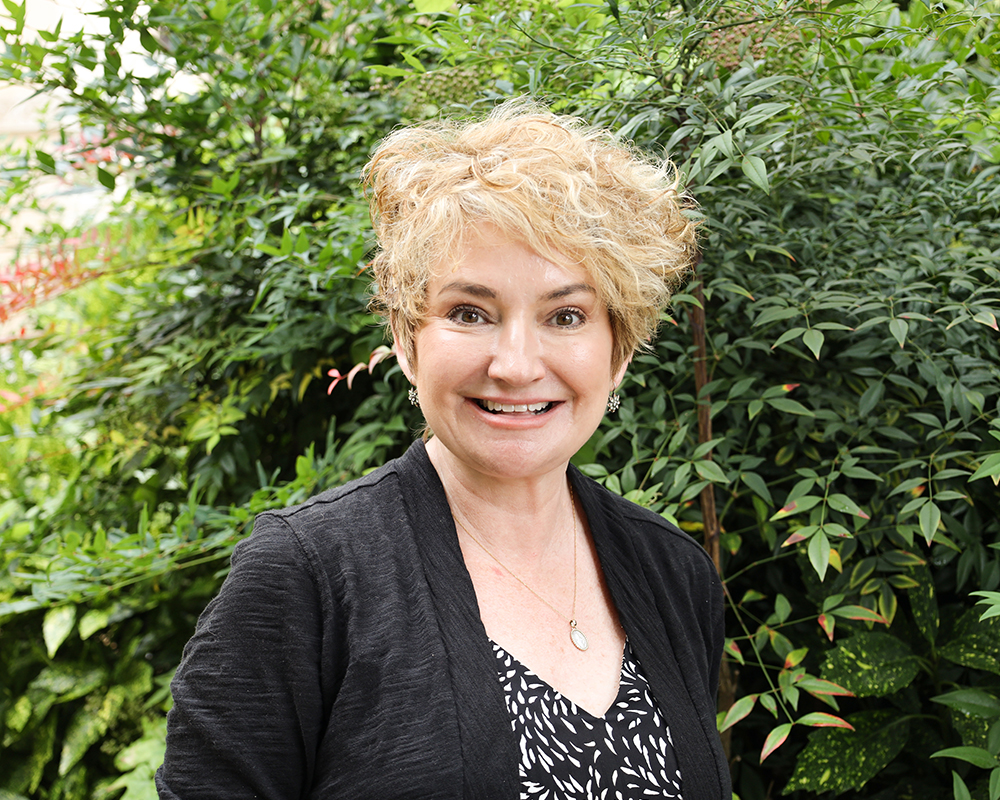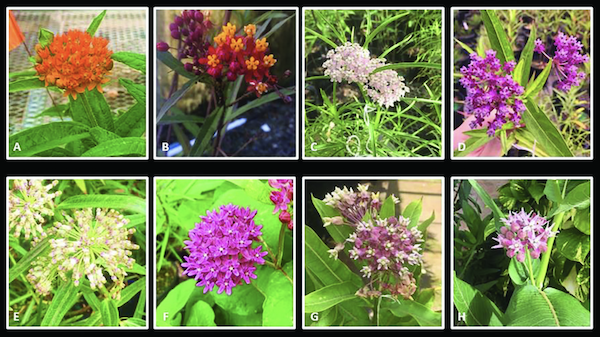 CAES News
CAES News
UGA research on milkweed breeding featured on the cover of HortScience
The research, led by College of Agricultural and Environmental Sciences doctoral candidate Mary Lewis and horticulture professor Matthew Chappell, focused on breeding a milkweed plant with commercially desirable traits that would support pollinators.

